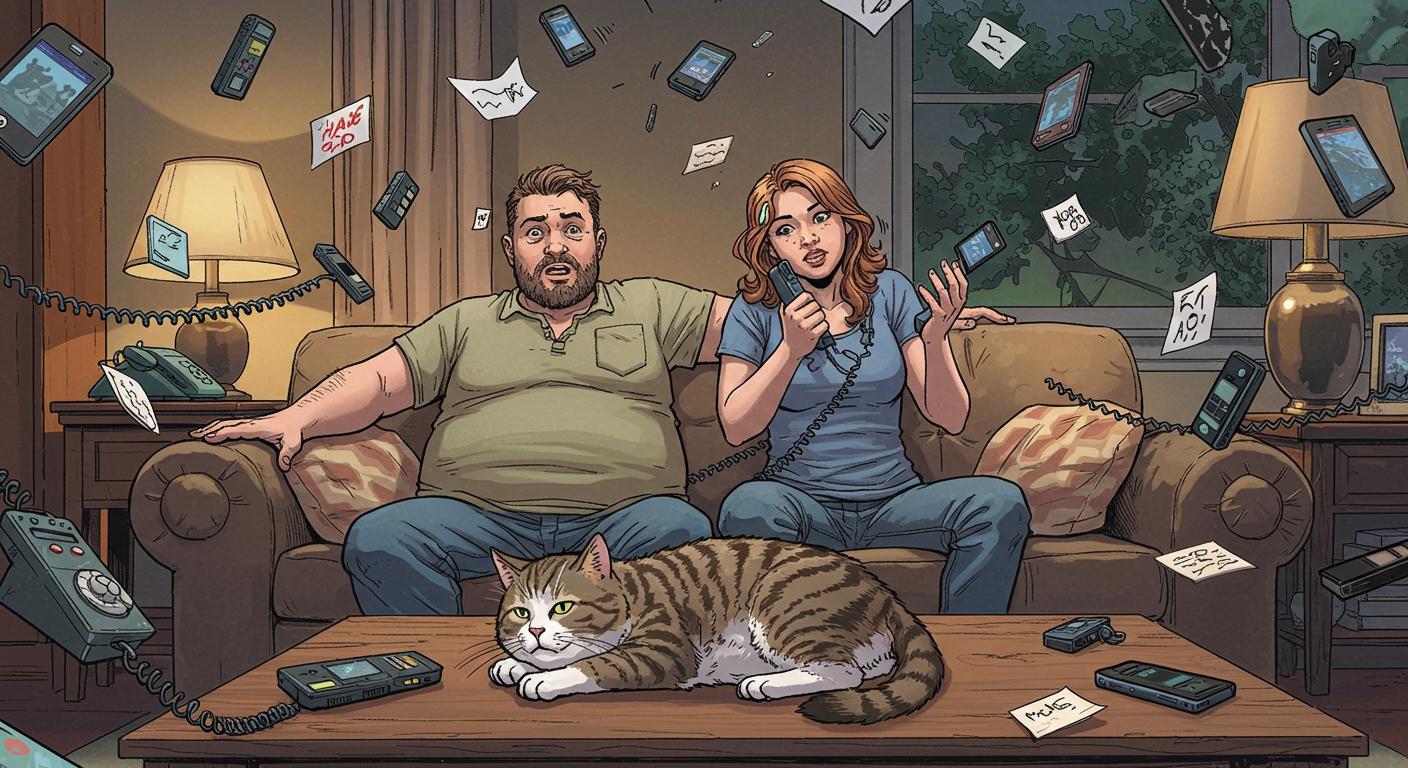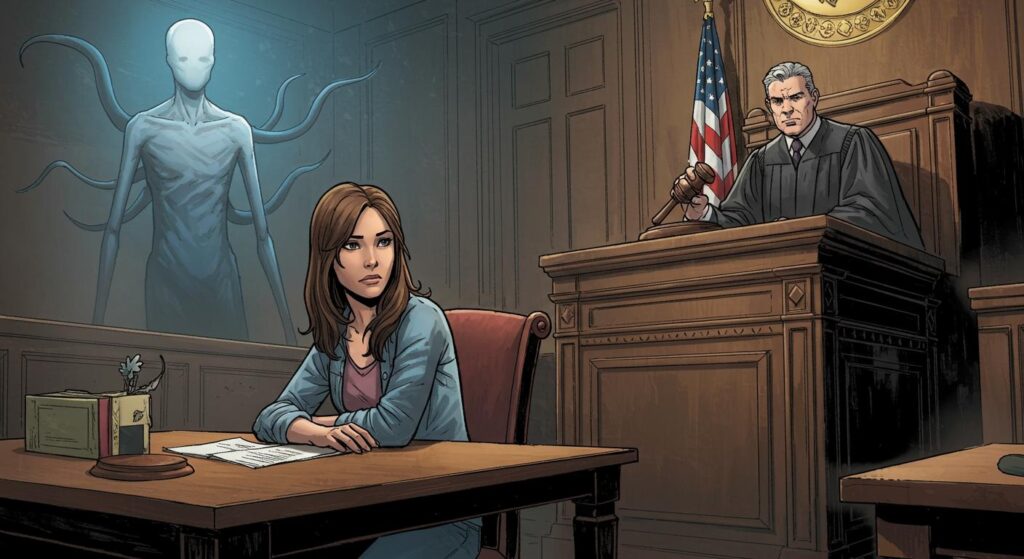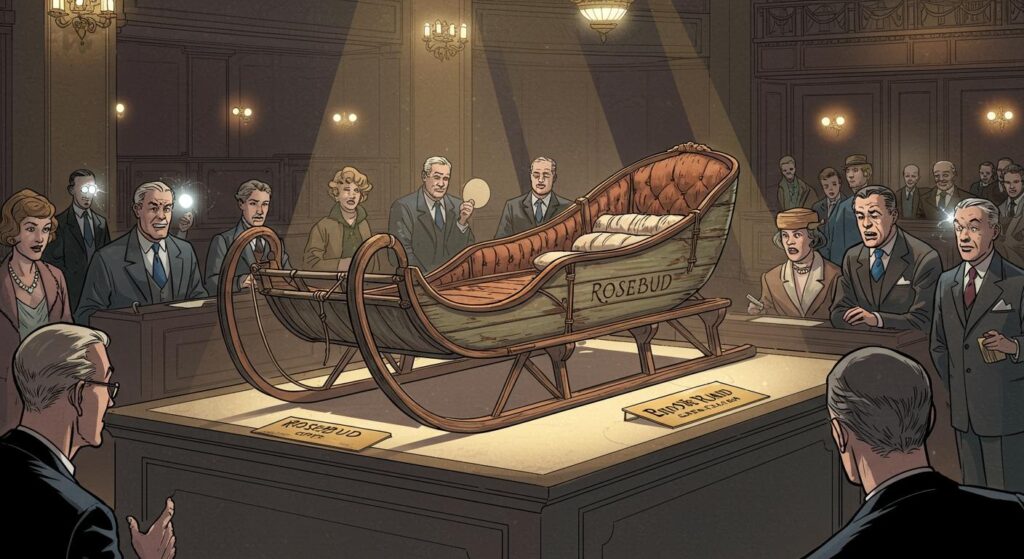There are stories that prove truth is stranger than fiction, and then there are stories that make fiction pause to recalibrate. The saga of Natasha Lavoie, Jonathan McCurrach, and the imaginary cat named Torbo fits squarely in that latter, eyebrow-raising niche.
The Phantom Cat Calls
Most of us are familiar—grudgingly—with nuisance calls from telemarketers or scammers. But according to CBC News, Lavoie and McCurrach have spent more than a year fielding calls of an unexpectedly specific variety: strangers from all over North America reaching out to say they’ve found their “missing cat.” The irony, as carefully unpacked in the report, is that the couple’s actual cat, Mauser, is safely at home, while “Torbo,” the supposed object of concern, is a complete fabrication.
CBC describes how these calls run the gamut from the earnestly helpful to the deeply peculiar—one voicemail, for example, featured a mention of a hungry snake with an appetite for kittens. Through it all, Mauser remains blissfully aloof, enjoying the comforts of home with none of the “lost cat” drama thrust upon his humans.
The Shirt That Launched a Thousand Calls
Every oddball tale needs a prime mover, and in this narrative, that distinction goes to American label Wisdumb NY. It wasn’t until McCurrach pressed a persistent caller for details that the couple learned their phone number had been featured on a T-shirt stylized as a lost cat poster. CBC notes that attempts by the couple to clarify matters with the company were met with a reply from a customer service representative claiming it was an unintentional use of a real number, with assurances that the shirt had since disappeared from their online shop. Meanwhile, evidence on the brand’s Instagram—outlined in the CBC story—suggests their fondness for “missing cat” graphics isn’t an isolated incident.
Here’s where a bit of trivia comes into play: CBC, referencing insights from advertising historian Terry O’Reilly (originally aired on Under the Influence), points out that North American phone companies designated numbers with the “555” prefix specifically for fictional use, hoping to avoid precisely this kind of accidental telephonic chaos. Odd, then, that the practice hasn’t caught on more widely among designers. The CBC report highlights several previous incidents of mistaken real-number inclusion, including Netflix’s “Squid Game”—where The Guardian’s reporting (as cited by CBC) describes a South Korean woman swamped by calls—and the story of a UK family whose number appeared in Soulja Boy lyrics.
Area Code Attachments and Reluctant Changes
For Lavoie, the issue is doubly frustrating because her 604 area code isn’t just any sequence of numbers—it’s a vanishingly rare badge of regional identity in British Columbia. As detailed in the CBC article, she’s had this number for two decades and, with new area codes rolling out, is understandably unwilling to part with it. Her resolution? As she told CBC, simply “keep not answering.” In today’s world, it’s oddly comforting to know there are some traditions—like stubbornly screening unknown numbers—that cross all boundaries.
At one point, McCurrach summed up the couple’s frustration, wishing the company had offered a genuine apology, while Lavoie wryly remarked to CBC that, after all this, she felt she at least deserved a T-shirt. Would you consider that just recompense or more like a participation trophy for surviving accidental viral fame?
Reflection: Lost (and Found) in Absurdity
Zooming out for perspective, what does this episode tell us about the permeability of our personal information? CBC’s reporting on similar mishaps underscores how easily a detail—a phone number, a cat’s name, a regional code—can be swept into someone else’s storyline, all without our consent. While this began as an accidental oversight, the consequences are bizarrely enduring: Lavoie and McCurrach are left handling an endless game of cat-and-mouse (call-and-hang-up?), thanks entirely to an “artful” T-shirt they never purchased.
As referenced earlier in the CBC piece, stories like these aren’t entirely new. The Guardian article on “Squid Game” and the Soulja Boy number fiasco may be mere footnotes, but the common thread is clear: the unintended afterlife of real phone numbers in pop culture is a reliable recipe for unintended havoc.
So how many others, unwittingly conscripted by misapplied digits, are center stage in stories they never intended to join? Perhaps you, too, have your own wrong-number adventure—a gentle reminder that sometimes, life dials up absurdity like an old rotary phone, just to see if anyone’s listening.
Meanwhile, in a cozy corner of British Columbia, Mauser the cat continues to enjoy peace and quiet, utterly unperturbed by the continent-wide stir his fictional doppelganger has caused.







